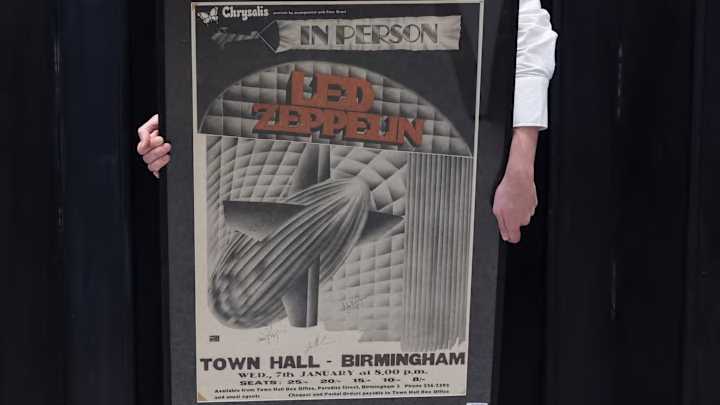The Classic Rock genre is much broader than most music fans think. Many believe it only encompasses the late '60s and '70s rock when it is much more. As time passed and the rock genre expanded, so did the classification of classic rock.
If you listen to a station that classifies itself as classic rock, whether on radio or music streaming, the selection of songs is quite diverse. And the genre can then be divided into subgenres, as with any musical classification. When music fans think of traditional class rock, their minds go to legendary rockers such as Jimi Hendrick, Rolling Stones, Led Zeppelin, Van Halen, and the like.
A brief history of rock and roll will reveal that its origins can be traced to the 1950s with performers like Elvis Presley, Little Richard, and Jerry Lee Lewis. These musicians pushed the boundaries of that era, which would open the floodgates for bands in the 1960s, such as the Beatles, The Rolling Stones, The Kinks, The Doors, and more.
Enter in the 1970s when English bands like Queen, The Who, Pink Floyd, and Black Sabbath would usher in a new rock and roll era. At the same time, the US would birth bands such as Aerosmith, Eagles, Tom Petty, and the Heartbreakers and Kiss. Progressive rock would integrate jazz and classical into their sound in bands like Rush, Yes, and Genesis.
Then came the 1980s, when rock was reinvented with a much heavier sound. This era would use electric guitar and strong bass lines to drive home its sound. Bands like Motley Crue, Guns N' Roses, Def Leppard, and Metallica would lead the way in the '80s. By the early '90s, the classic rock sound would give way to '90s grunge rock with Nirvana, Soundgarden, and Pearl Jam.
What is classic rock?
The basics of classic rock are guitars, bass, drums, and a lead vocalist, with many of the '80s rockers adding in some keyboards. The instrument that sets rock apart is the guitar, and each band uses it to its unique advantage. Rock bands generally buck traditional norms and style themselves to appeal to the teenage masses.
The definition of classic rock is subjective, depending on who you talk to. According to The Guardian, many in the "boomer" generation believe the "golden era" of classic rock runs between 1964-1982. While there are some loose guidelines to define Classic Rock, each person has their own view on what this term means. And at the end of the day, all it really matters is that rock music continues to be appreciated.
Stairway to 11 is dedicated to providing news, reviews, and original content covering classic rock, oldies, and old-school music of all genres. This site also serves as a community for like-minded fans to catch up on the latest news and discuss their passion. Be sure to follow us on Facebook and Twitter.
